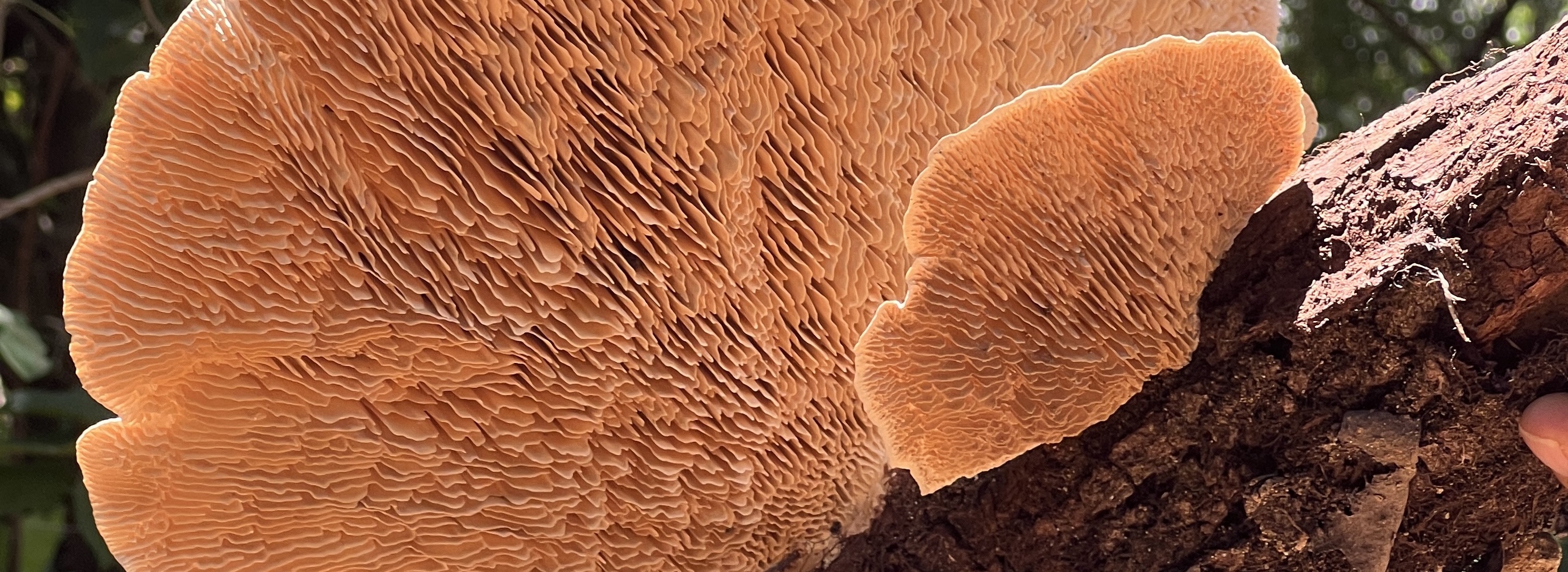
Monteverde Institute: Tropical Ecology and Conservation
Alternative Title
La presencia de mucílago en las raíces aéreas en Monteverde, Costa Rica
Files
Download Full Text (158 KB)
Publication Date
November 2008
Abstract
Many hemiepiphytes produce aerial roots and some have mucilage on the growing tips of these roots. The purpose of this study was to determine if mucilage varies at different altitudes in the Monteverde Cloud Forest in Costa Rica. Mucilage may serve to protect the roots from the dry environments, or from altitudes more prone to fungal infections since it has both high water storing capacities and anti-fungal properties. Transects were run along different altitudes, and samples of plants’ mucilage were taken, measuring the weight and length of the mucilage. Monstera was the most common plant with mucilage found in the study and was found at all altitudes ranging from 1,400 m to 1,800 m. There were a total of 12 Monstera plants, two Pitcairnia plants, and one Philodendron plant with a total of 34 mucilaginous roots. Twenty-three of the mucilaginous aerial roots were found on the genus Monstera (Araceae), 4 on Pitcairnia brittoniana (Bromeliaceae) and 7 on Philodendron (Araceae). No correlation was found between the weight and length of mucilage, compared to altitude of all three genera (Spearman rank correlation, N = 32; R2 = 0.135; p = 0.44 and N = 32; R2 = 0,86; p = .62, respectively). No correlation was also found for Monstera roots only, for weight and length compared to altitude (Spearman rank correlation, N = 23; R2 = 0.10; p = .12 and N = 23; R2 = .004; p = .759, respectively). A trend could be seen in the total mucilage frequency for low and high altitudes for Monstera. In this case, 16 Monstera were found at low altitudes, and seven at high altitudes, but this difference was not statistically significant (chi-squared test, x2 = 3.52, df = 1, p = 0.06). In conclusion, no altitudinal difference was found in mucilage size, suggesting genetic determinants might be playing a role, but twice as many Monstera were found at low altitudes compared to high altitudes, although further studies need to be done to clarify the trend.
Resumen
Algunas plantas hemiepífitas producen raíces aéreas y algunas de estas presentan mucilago en las puntas de estas raíces. El propósito de este estudio fue determinar si el mucilago varía en las diferentes altitudes en el bosque nuboso de Monteverde en Costa Rica.
Keywords
Roots--Physiology, Roots (Botany)--Development, Cloud forest ecology, CIEE Fall 2008
Palabras claves
Raíces--Fisiología, Raíces (Botánica)--Desarrollo, Ecología del Bosque Nuboso, CIEE Otoño 2008
Extent
6 pages
Geographic Location
Monteverde Cloud Forest Reserve (Costa Rica)
Ubicación geográfica
Reserva Biológica Bosque Nuboso Monteverde (Costa Rica)
Holding Location
Monteverde Institute
Language
English; Spanish
Media Type
Articles
Format
Digital Only
Identifier
M39-00498
Type
Book
Recommended Citation
Kincaid, Chase, "Presence of mucilage on aerial roots in Monteverde, Costa Rica, November 2008" (2008). Monteverde Institute: Tropical Ecology and Conservation. 518.
https://digitalcommons.usf.edu/tropical_ecology/518


